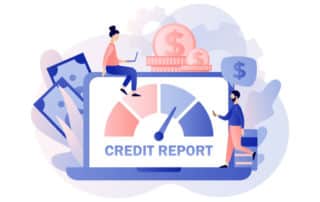
Filing for Chapter 13 in Florida
A Chapter 13 bankruptcy provides financial relief while retaining your assets. In contrast to Chapter 7, you repay some of your debts – but usually not all – over a three (3) to five (5) year period. Filing for Chapter 13 in Florida may also prevent foreclosures and repossessions of your assets if treated properly within your Chapter 13 Plan.
Once you complete your Chapter 13 plan payments and all the other requirements associated with your Chapter 13 filing, the Bankruptcy Court will discharge any remaining debts. The amount you can expect to repay depends upon several factors, including your disposable income. To qualify for Chapter 13 bankruptcy, you must also have a regular and steady income source.
Qualify for Chapter 13 Bankruptcy in Florida
Unlike Chapter 7, you do not have to pass the bankruptcy means test when filing for Chapter 13 in Florida. However, you do have to have to earn enough money to propose a feasible Chapter 13 plan. You will have to demonstrate to the bankruptcy court that you earn enough income (income can be from wages, retirement or family support), after deducting certain allowed expenses and required payments on secured debts – like a car loan or mortgage, to meet your Chapter 13 plan repayment obligations. If you do not earn enough to propose a feasible Chapter 13 plan, Chapter 7 may be an option.
Maximum Debt Limits for Chapter 13
You may not eligible to file for a Chapter 13 bankruptcy if your total debts exceed the limits set by Section 109(e) of federal bankruptcy code. These limits change every three (3) years. As of 2020, the debt ceilings for unsecured debt are $419,000 and for secured debt are $1,277,000. If your debts exceed these numbers, then you might not be able to file for a Chapter 13 bankruptcy. It is important to speak to a Miami bankruptcy lawyer in order to determine which debts count towards the chapter 13 debt limits.
Florida Chapter 13 Bankruptcy Exemptions
Only residents of Florida can claim Florida bankruptcy exemptions. You must be a resident of Florida for at least 720 days prior to filing your petition. Without this residency prerequisite met, the exemptions you are allowed to claim depend on which state you have moved from.
Florida Bankruptcy Exemption Amounts
Chapter 13 bankruptcy exemptions permit you to protect certain assets from your creditors during the bankruptcy proceedings. Getting the most out of your exemptions is critical to ensuring that you do not end up repaying more of your debts than legally necessary.
In Florida, there are many Chapter 13 bankruptcy exemptions, here is a partial list:
- Homestead exemption: You may exempt all of your home A homestead may be fully exempt if it is 160 acres of contiguous land and improvements thereon if located outside -a municipality; or if located within a municipality, 1/2 acre of contiguous land. The 2005 changes in the Bankruptcy Code (BAPCPA) now limit the Florida homestead exemption in certain cases with a cap of $146,450 for single filers, or $292,900 for joint filers if you didn’t acquired the homestead within 1,215 days of filing.
- Motor vehicle exemption: You can also protect up to $1,000 in motor vehicle equity if you are a single filer, while joint filers can claim up to $2,000. If you do not use the homestead exemption, then you may apply up to $4,000 from your wildcard exemption toward your vehicle.
- Wildcard exemption: If you do not claim the Florida homestead exemption, a single filer may exempt an additional $4,000 of personal property, and joint filers may exempt up to $8,000. Filing for Chapter 13 in Florida allows you to utilize this exemption flexibly.
- Personal property exemption: You may protect up to $1,000 of personal property, like jewelry, clothing, appliances, and more. If you do not take the Florida homestead exemption, then you may apply the wild card exemption and take an additional $4,000 per filer.
- Wages exemption: Florida statute § 222.11 – If you are the head of the household, then you can exempt up to $750 a week from your wages or the greater of 75 percent of your total wages or 30 times the minimum wage rate. For a joint filing, the other person can exempt the greater of 75 percent or 30 times the minimum wage rate.
- Earned Income Credit: Pursuant to Florida Statute §222.25, you are permitted to exempt your entire Earned Income Tax Credit (EIC).
- Life Insurance Policies: Pursuant to Florida Statutes §§ 222.13 and 222.14, cash surrender value of a life insurance policy is exempt from attachment, garnishment or legal process in favor of any creditor of the person whose life is so insured.
- Veteran’s Benefits: Florida Statute § 744.626 states “except as provided by federal law, payments of benefits from the United States Department of Veterans Affairs or the Social Security Administration to or for the benefit of a disabled veteran or the veteran’s surviving spouse or dependents are exempt from the claims of creditors and shall not be liable to attachment, levy, or seizure by or under any legal or equitable process whatever, either before or after the receipt of the payments by the guardian or the beneficiary.”
- Disability Income Benefits: Pursuant to Florida Statue 222.18 states that Disability income benefits under any policy or contract of life health, accident, or other insurance of any form, are not liable to attachment, garnishment, or legal process in favor of any creditor or creditors.
- Tenancies by the Entirety: A tenancy by the entirety is the tenancy created at common law by the conveyance or devise of property to a husband and wife. One incident of a tenancy by the entirety under Florida law is that property so held (either realty or personally) is not subject to execution by a creditor with a claim solely against one, spouse. See, e.g., Meyer v. Faust, 83 So. 2d 847 (Fla. 1955).
- Retirement exemption: The Southern Florida bankruptcy court will exempt up to $1,171,650 from your retirement accounts, including 401(k)s and IRAs.
All in all, you must disclose all of your property in your bankruptcy schedules when you file for bankruptcy but you may exempt many types of assets with the generous Florida exemptions. Doing so provides you with the financial stability you need to support yourself and your family during the course of your repayment play as well as when you emerge from bankruptcy. Hiring a Miami Bankruptcy Lawyer will help you establish the most advantageous course of action for your financial situation.
Call for a Free Consultation with Miceli Law, P.A.
Get legal advice when filing for Chapter 13 in Florida by contacting Miceli Law, P.A. for a Free, No-Obligation Consultation by messaging us here or calling (305) 515-5928.
Latest from our Blog
Consultations Available At:
Consultations Available At:




